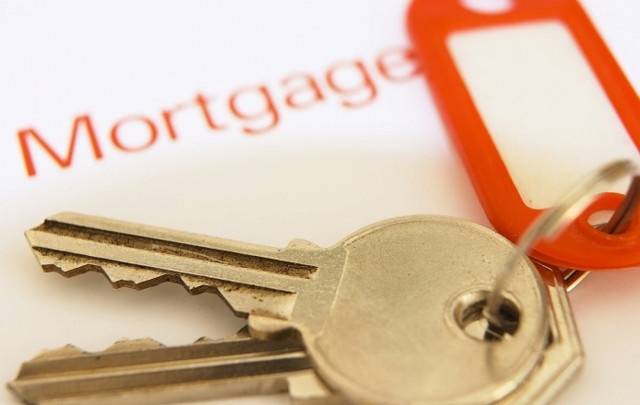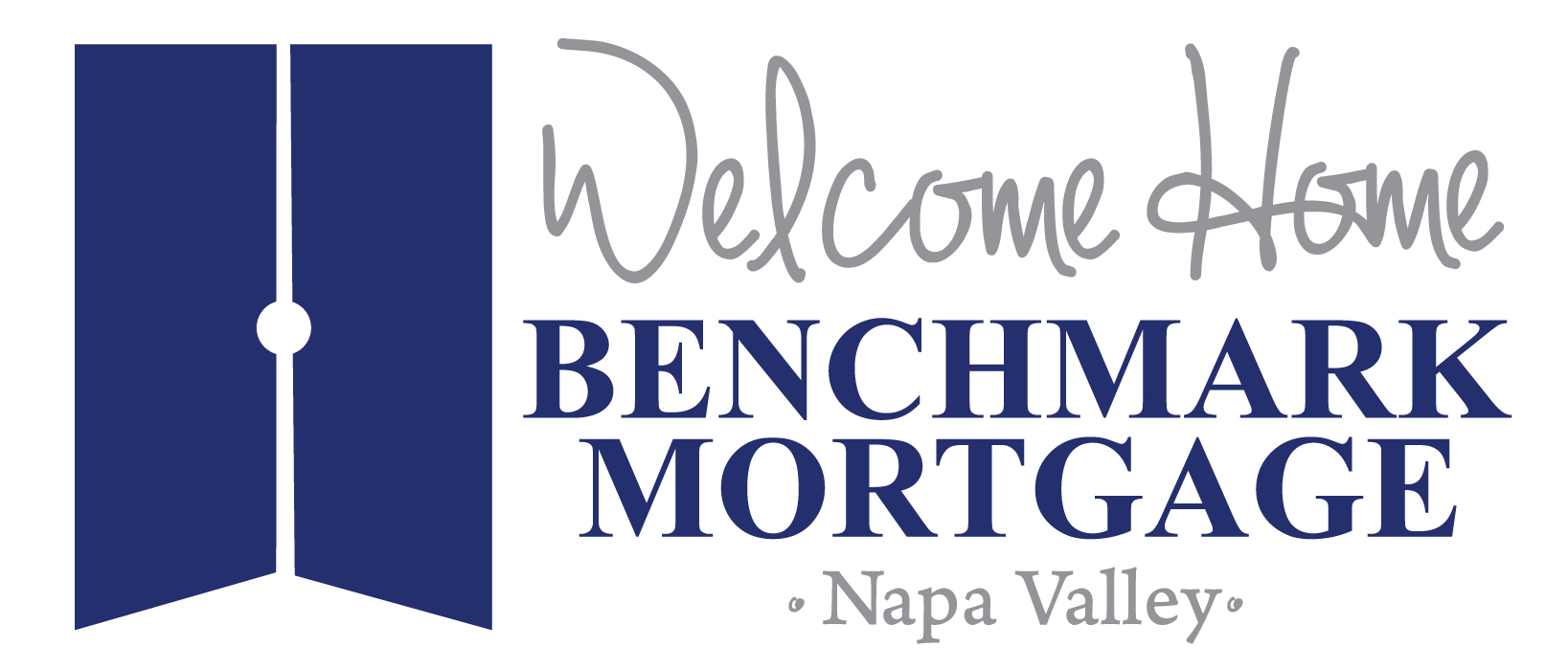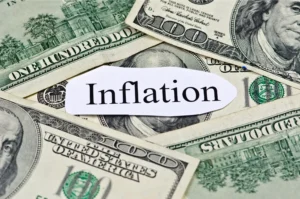
When it comes to getting a mortgage, you have options. Unfortunately, for many people, the various mortgage options seem confusing and overwhelming. In reality, they’re not, especially when you break them down into categories. That’s when it’s easy to see the many differences of each so you can decide which is the best option for your situation.
Because different lenders may offer special programs or loan features, there’s no way to examine every possible option. So let’s take a look at the most common mortgage options that the majority of people choose from.
Fixed Rate Versus Adjustable Rate Mortgages
One of the first decision you’ll need to make is whether you want your loan to have fixed interest rate or an adjustable interest rate. Here’s what these terms mean:
- Fixed Rate Mortgage – These loans have the same interest rate for the life of the loan. So if you lock in an interest rate of 5% today, you will always pay 5% interest no matter what the interest rates rise to during the terms of your loan, even if your loan term is for 30 years. As a result, your mortgage payment will not increase or decrease due to interest rate changes. This is great for budgeting and for people who like stability.
- Adjustable Rate Mortgage – These loans have an interest rate that will change over time, based on the current mortgage interest rate. Most adjustable rate loans have an initial period (usually 3-5 years) where the rate is stable. After that initial period, the rate will change (adjust) every year. You’ll often see adjustable rate mortgage called things like a “3/1 ARM” or a “5/1 ARM.” The first number indicates the initial rate lock period in years. The second number indicates how often after that initial rate lock period the rate will change (again in years). And “ARM” stands for adjustable rate mortgage. Because the initial interest rate during the lock period is often lower than traditional fixed rate products, these loans are attractive to people who are certain they will not stay in the home for longer than the initial lock time.
Specific Loan Types
Now that you know whether you want a fixed or adjustable rate mortgage, it’s time to choose the specific loan type. While there are more than three loan options, these three are the most common that the majority of people opt to use. Talk to your mortgage banker about other options they may offer.
- FHA Loan – FHA stands for Federal Housing Administration. The word “federal” in there should tell you that this is a government backed product. These loans are managed by the Department of Housing and Urban Development (HUD). Many people believe only first-time buyers can obtain an FHA loan. This is not true. FHA loans are available to all types of borrowers. With FHA loans, the government insures the lender against any losses that might result from a borrower defaulting. Now, before you try to get a multi-million-dollar property with an FHA loan, realize there are borrowing limits. FHA sets single-family loan limits at 115% of median house prices for the area. Talk with your mortgage banker to see how this affects you based on your location. What’s appealing to many about FHA loans is that you can make a low down payment (as low as 3.5% of the purchase price). Keep in mind that all FHA loans require that you pay Mortgage Insurance Premium (MIP), which will increase your monthly payment. Your mortgage banker can help you determine how long you need to keep the Mortgage Insurance.
- VA Loan – VA Loans are offered through the U.S. Department of Veterans Affairs (VA). These loans are available only to military service members who meet at least one of the following requirements:
- You have served 90 consecutive days of active service during wartime, OR
- You have served 181 days of active service during peacetime, OR
- You have more than 6 years of service in the National Guard or Reserves, OR
- You are the spouse of a service member who has died in the line of duty or as a result of a service-related disability.
Just like FHA loans, VA loans are guaranteed by the federal government to insure the lender against any potential losses. The biggest benefit of a VA loans is that you can borrow 100% of the purchase price of a home, up to the borrowing limit as determined by your county. If your loan amount is over the borrowing limit, you can still purchase the home provided you put down 25% of the difference between the county limit and the purchase price. But if your home loan is at or under the borrowing limit, you can get a home with no down payment. - Conventional Loan – A conventional loan is a mortgage that is not backed by any government agency, such as the Federal Housing Administration (FHA) or Department of Veterans Affairs (VA). However, conventional loans must meet the lending requirements of Fannie Mae and Freddie Mac, the two largest government-controlled buyers of mortgage loans in the U.S.
There are many advantages to a conventional loan, such as higher loan limits than FHA, being able to secure one for a second home or investment property, and lower mortgage insurance rates than FHA loans. Of course, to qualify for a conventional loan there are credit score and down payment requirements, as well as other guidelines to meet.
Conventional loans are the most common type of mortgage. In fact, according to the US Census Bureau, in 2018, 74% of all mortgage loans were conventional loans.
One More Option – Conforming or Jumbo
Finally, depending on how much you are borrowing, you might fall into either the conforming or jumbo category. Remember those two government agencies noted earlier – Fannie Mae and Freddie Mac? They are the two government-controlled corporations that purchase and sell mortgages. In other words, they buy loans from the lenders who generate them, and then sell them to investors via Wall Street.
A conforming loan falls within their maximum loan size limits (it “conforms” to Fannie Mae’s and Freddie Mac’s criteria). In contrast, a jumbo loan exceeds the conforming loan limits established by Fannie Mae and Freddie Mac.
Because jumbo loans are much higher in value, they present a higher risk to the lender. As such, borrowers typically must have excellent credit to qualify, and they must have a higher down payment.
Mortgages Made Simple
Once most people see all these mortgage options broken down by category, the mortgage terminology makes more sense and mortgages in general seem less stressful. The best advice is to always talk with your mortgage banker about any questions or concerns. They can also help steer you to the right mortgage product for your current needs.
When you’re ready to apply for a mortgage or refinance an existing one, contact us at 707-254-8891 or hilda.hensley@benchmark.us. We can also direct you to the perfect real estate agent to help you.
Have Questions, Reach out to me for more information.
Call me at (707) 254-8891
Hilda Hensley Branch Manager – Mortgage Advisor
NMLS id 280206
Hilda.Hensley@benchmark.us
Benchmark Mortgage
Ark-La-Tex Financial Services, LLC NMLS id 2143




